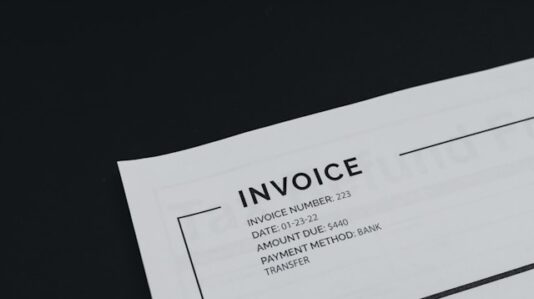A “fiduciary” is someone who has an obligation to act in the best interests of another person or entity. These duties can be established either by law or by the nature of the relationship itself. They typically arise when one party must place their trust and reliance on another to exercise sound judgment. Fiduciary duties impose a responsibility on individuals (i.e., the fiduciaries) entrusted with critical decision-making for an organization to always act in the organization’s and its owners’ best interests.
What happens if a company’s manager prioritizes their personal interests over the well-being of the company and its stakeholders? The manager’s actions could lead to a claim of a breach of her fiduciary duties.
Although fiduciary duties may seem absolute, there are situations where they can be waived. The ability to waive these duties is contingent on the legal structure of the company and the laws of the state where it was incorporated.
The Different Types of Fiduciary Duties
A company’s manager or director owes fiduciary duties to the company and its stakeholders. Some basic fiduciary duties include:
- Duty of Care – The duty of care requires a fiduciary to use his or her informed business judgment in their role of overseeing the company and making business decisions.
- Duty of Candor – The duty of candor requires a fiduciary to disclose material information to the shareholders.
- Duty of Loyalty – The duty of loyalty typically includes subsidiary duties of good faith and oversight. These duties require a fiduciary to act honestly, on a disinterested and independent basis, in the best interests of a party owed such duty. This prohibits a fiduciary from putting their personal interests ahead of the company. A director’s intentional violation of law would be deemed a breach of fiduciary duty as such action subjects the company to liability.
Fiduciary Duties in New York
The fiduciary duties of a director or manager vary by state. Certain states allow waivers or limitations of fiduciary duties by contract. Other states prohibit the waiver of any fiduciary duty. Companies, corporations, and their owners (whether shareholders of members), must be aware of such state-specific limitations and draft and corporate documents to meet their needs.
Limited Liability Companies (LLCs)
The New York LLC Law (§ 417(a)(1)) permits waivers of certain fiduciary duties by contract. However, some duties are not waivable and managers will remain personally liable to the LLC and its members for acts or omissions constituting bad faith, intentional misconduct, a knowing violation of the law, or personal financial gain. Thus, even when an LLC operating agreement attempts to disclaim all fiduciary duties, that provision will not be entirely enforceable. A manager will remain liable for any nonwaivable breaches of fiduciary duty.
Corporations
New York’s corporations law similarly allows some fiduciary duties of a corporation’s directors to be waived. (N.Y. BUS. CORP. LAW §402(b)(1)). However, similar to LLC law’s limitation, fiduciary duties may not be limited in cases where the director’s conduct constitutes bad faith, intentional misconduct, a known violation of the law or where the director personally profited.
Conclusion
Do your company’s corporate documents waive certain fiduciary duties? Depending on the state and entity type, those waivers may not be enforceable. Your company’s bylaws or operating agreements should always be drafted or negotiated with the assistance of seasoned legal counsel to avoid potential pitfalls.





